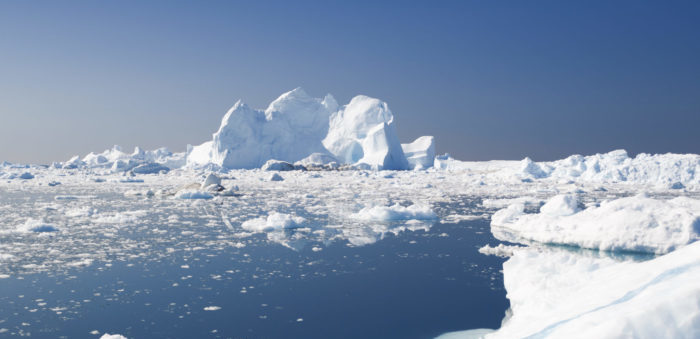The Clean Arctic Alliance calls leaders to take urgent action in efforts to slow Arctic heating, calling for at least a 60% global greenhouse gas emissions, and a 90% cut to black carbon emissions in the Arctic.
Specifically, the Clean Arctic Alliance is calling on world leaders to take the following urgent action to slow the impacts of global heating on the Arctic:
- Show leadership by example, by accelerating national and regional policies and practices that will fulfill the goals of the Paris Agreement, especially that of limiting the increase to 1.5 degrees Celsius – requiring an at least 60% reduction in emissions by 2030.
- Through the International Maritime Organization, adopt mandatory measures to reduce ship speed to effect deep immediate reductions in climate emissions from ships.
- Agree an effective and credible International Maritime Organization regulation which bans the use and carriage of heavy fuel oil by Arctic shipping from January 2024 – without exemptions or waivers for any vessels. See: Clean Arctic Alliance Slams Proposed Arctic Shipping Regulation as Full of Dangerous Loopholes.
- Support a mandatory International Maritime Organization regulation requiring ships to switch from heavy fuels to distillate fuels (or other cleaner fuels) in the Arctic, and install efficient particulate filters in vessels, in order to reduce black carbon emissions by over 90% in the Arctic region, where black carbon emissions are especially damaging.
John Maggs, Senior Policy Advisor at Seas at Risk – a Clean Arctic Alliance member, and president of the Clean Shipping Coalition comments
The Clean Arctic Alliance is calling on world leaders to take urgent action to curb Arctic heating, by accelerating national and regional policies and practices that will fulfill the goals of the Paris Agreement, especially that of limiting the increase in temperature to 1.5 degrees Celsius – requiring an at least 60% reduction in climate emissions by 2030, something to which the European Parliament has already agreed upon.
The Alliance has already highlighted the environmental impact of shipping emissions on the Arctic environment. Specifically, between 2015 and 2019 there was a 73% increase in black carbon emissions from ships using heavy fuel oil (HFO) in the Arctic, according to soon-to-be published research from the International Council on Clean Transportation.
































































